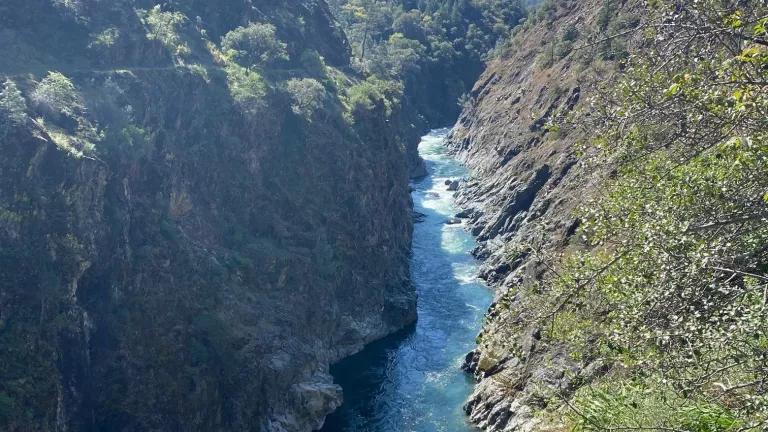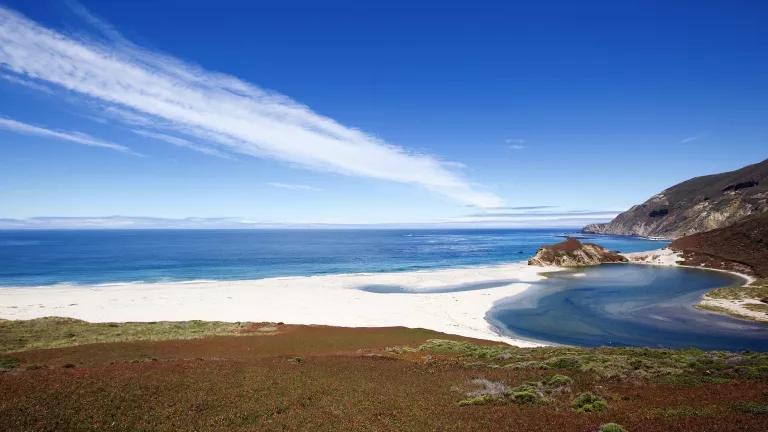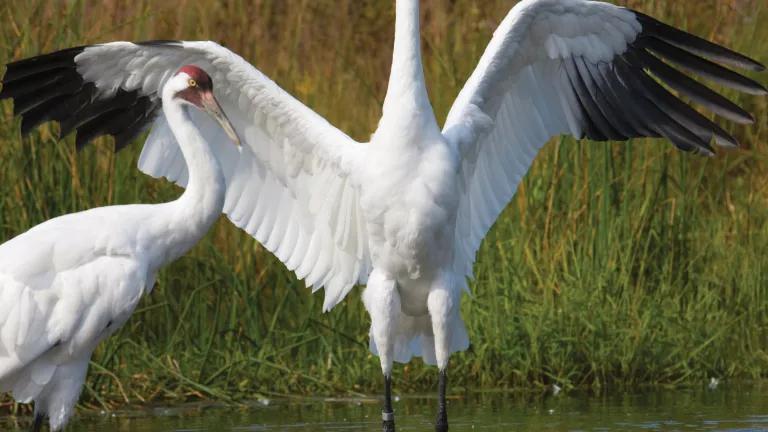
In a monumental win, an Oregon Federal Judge ruled this week that the Columbia and Snake River hydroelectric dams, powerhouses, and associated reservoirs illegally jeopardize the survival of 13 salmon species. And the government’s proposed mitigation—predominately focused on habitat restoration—is too uncertain in a hot climate to reduce the harm caused by the dams.
The agencies themselves admit, the judge wrote, that the Columbia and Snake rivers “are degraded, are not functional, and do not serve their conservation role.”
A lot of lawyers, fishermen, and environmentalists will celebrate this win for weeks and years to come. But I know a group of fun and fish-loving orcas that will be especially delighted: the Southern Resident killer whales depend on Columbia River Basin salmon to survive.
The latest data suggests that they prefer Columbia Basin Chinook salmon to all other food, and that despite years of hatchery fish production and habitat restoration, the whales—like the salmon—are not recovering.
The killer whales have been swimming circles for a long time in a dark, depleted ocean, waiting for the fish to come back. For the last 83 wild Southern Resident killer whales, this win is a ray of hope.

Together, the NW Energy Coalition (of which NRDC is a member), the Nez Perce Tribe, the State of Oregon, and a group of conservation and business organizations brought this litigation. The litigation has dragged on, much like a young salmon’s migration out to sea through the Columbia Basin’s slow-moving slackwater—which once took an average of just two days and now can take 20.
For the past 15 years, the government has tried five times to put forward a plan for how it would run the Columbia Basin’s dams without violating the Endangered Species Act. Five times it has failed. At long last, we’ve reached the ocean. At least, that’s how it feels. Like one journey has ended.

Another is about to begin.
What makes United States District Judge Michael H. Simon’s order different from the four that came before is not that the Judge tirelessly and poignantly—over the course of 149-page order—demands that the agencies do better. Because Judge Marsh and Judge Redden spoke powerfully too of the need for a “major overhaul.” What’s new is that Judge Simon ordered the agencies to prepare an environmental impact statement.
The heart of any environmental impact statement is the alternatives analysis. The agency is required to consider reasonable alternatives, and Judge Simon is not shy about putting one particular alternative on the table: breaching the Lower Snake River dams. In fact, he goes so far as to say that the government would be unlikely to demonstrate that “breaching, bypassing, or removing one or more of the Snake River dams is not ‘reasonable’ under NEPA.”
In addition to its robust alternatives analysis, the environmental impact statement process will be an opportunity to update the agency’s science and, in particular, to set the record straight on one point we think the government and judge got wrong. At the end of his otherwise outstanding order, Judge Simon deferred to the agency’s reliance on hatchery fish to feed the orcas and a 2012 study that questioned the correlation between salmon availability and Southern Resident survival. The credibility of that 2012 study has been repeatedly undercut by intervening science. The latest data suggests what the judge recognized “earlier research had indicated,” namely “a linear relationship between Chinook salmon abundance and killer whale survival.” And although hatchery fish certainly help the killer whales, they haven’t brought the Columbia Basin back up to its historic numbers, and the whales continue to suffer a high rate of unexplained miscarriages, be skinny, and slide toward extinction.
As the judge noted, “the loss of even a single whale can reduce the likelihood of survival and recovery of the Southern Residents.”
The Columbia Basin was once one of the greatest salmon-producing river systems in the world. Today it’s one of the most hydroelectrically developed. For the fish and orcas, those dams have come at a tremendous cost. Judge Simon’s order is an invitation to come together and rethink business as usual. For the first time in a while, I can imagine a return of the river, the fish, and the orcas. Now we need to ask our elected officials to share in that vision.




